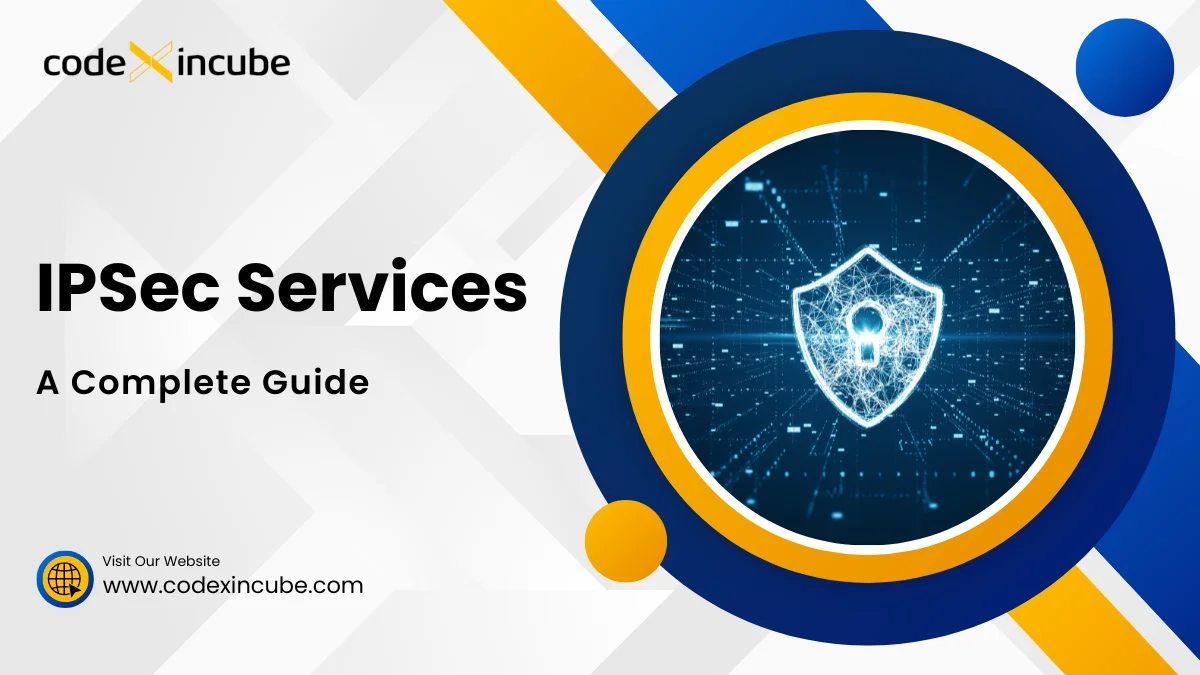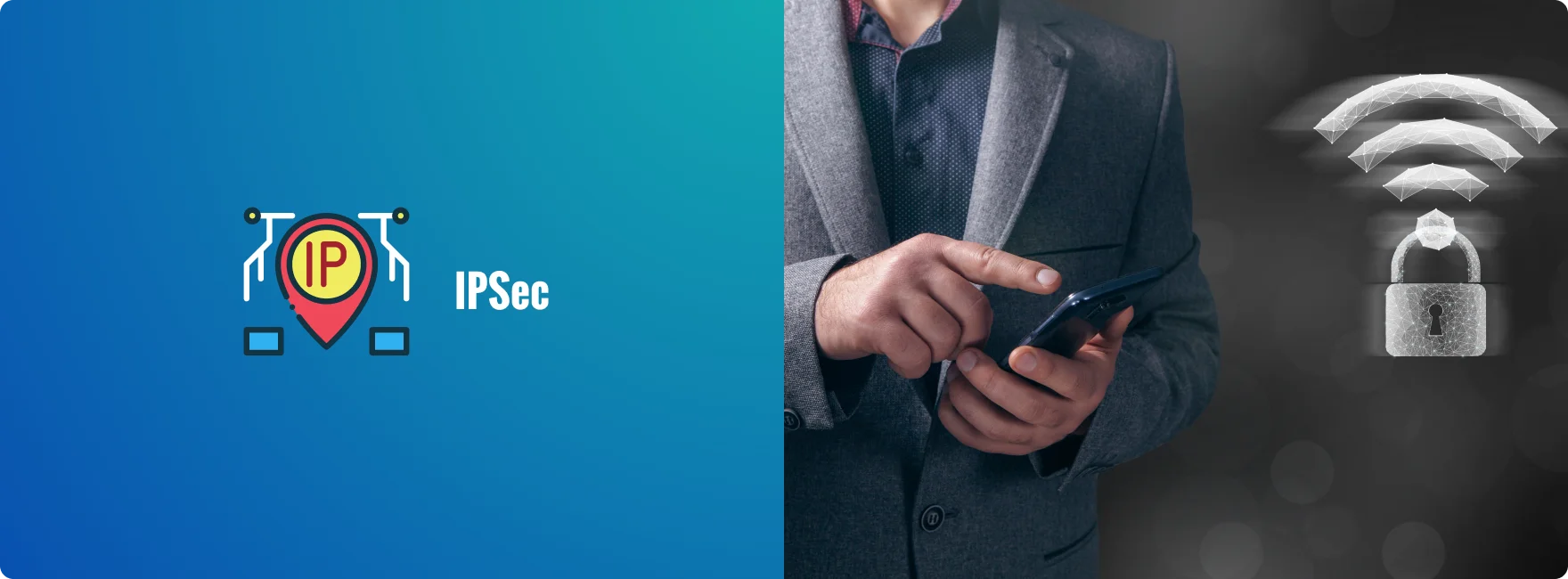In the realm of cybersecurity, safeguarding sensitive data against unauthorized access and potential threats is paramount. Enter IPsec (Internet Protocol Security) services, a robust suite of protocols designed to provide secure communication over IP networks. In this comprehensive guide, we’ll delve into the intricacies of IPsec security, elucidate its various modes and encryption methods, explore the phases of IPsec, and discuss its significance in ensuring data confidentiality and integrity. Furthermore, we’ll examine how Codex, as an IPsec provider, can contribute to enhancing security infrastructure and fortifying data protection measures.
Understanding IPsec Security
IPsec services encompass a set of protocols and cryptographic techniques aimed at securing IP communications. At its core, IPsec ensures confidentiality, integrity, and authenticity of data transferred between network entities. By encrypting and authenticating IP packets, IPsec mitigates the risks associated with eavesdropping, tampering, and spoofing attacks, thereby safeguarding sensitive information against unauthorized access and malicious activities.
Exploring IPsec Modes
IPsec operates in two primary modes: Transport mode and Tunnel mode. In Transport mode, only the payload of IP packets is encrypted and authenticated, while the IP header remains intact. This mode is typically used for end-to-end communication between individual hosts or devices within a network. On the other hand, Tunnel mode encapsulates entire IP packets within a new IP header, providing a secure communication channel between network gateways or VPN endpoints. Tunnel mode is commonly employed to establish secure connections between geographically dispersed networks or remote sites.
Unraveling IPsec Encryption
Encryption lies at the heart of IPsec security, ensuring the confidentiality of data transmitted over insecure networks. IPsec supports various encryption algorithms, including DES (Data Encryption Standard), 3DES (Triple DES), AES (Advanced Encryption Standard), and HMAC (Hash-based Message Authentication Code). These algorithms employ symmetric-key cryptography to encrypt and decrypt data, ensuring that only authorized parties with the corresponding decryption keys can access the original information. Additionally, IPsec allows for the negotiation and selection of encryption algorithms and key lengths based on security requirements and network configurations.
Deciphering IPsec Phases
IPsec employs a two-phase process known as the Security Association (SA) negotiation to establish secure communication channels between network peers. Phase 1, also known as the IKE (Internet Key Exchange) phase, involves the negotiation of security parameters, authentication methods, and cryptographic keys required to establish a secure communication channel. Once Phase 1 is complete and security associations are established, Phase 2 initiates the negotiation of IPsec parameters, including encryption algorithms, integrity checks, and key lifetimes, to secure data transmission between peers. Together, these phases ensure the establishment of secure and authenticated communication channels, thereby upholding the principles of IPsec security.
Significance of IPsec Services
IPsec services play a pivotal role in modern network security infrastructure, enabling organizations to establish secure and resilient communication channels across diverse networks and environments. By implementing IPsec, organizations can mitigate the risks associated with unauthorized access, data interception, and tampering, thus preserving the confidentiality and integrity of sensitive information. Moreover, IPsec facilitates compliance with regulatory requirements and industry standards governing data privacy and security, enhancing trust and confidence among stakeholders and customers.
Codex: Enhancing IPsec Security
Codex, as a leading provider of IPsec solutions, offers innovative technologies and expertise to augment IPsec security infrastructure and fortify data protection measures. Leveraging advanced encryption algorithms, key management techniques, and intrusion detection capabilities, Codex enhances the resilience and efficacy of IPsec deployments against evolving cyber threats and vulnerabilities. Moreover, Codex’s comprehensive suite of security services, including threat intelligence, incident response, and security analytics, empowers organizations to detect, mitigate, and remediate security breaches and anomalies proactively.
Conclusion
In conclusion, IPsec services represent a cornerstone of modern cybersecurity, providing robust encryption, authentication, and integrity protection for IP-based communications. By leveraging IPsec, organizations can establish secure and resilient communication channels across diverse networks and environments, safeguarding sensitive data against unauthorized access and malicious activities. Moreover, with the support of Codex as an IPsec provider, organizations can enhance their security infrastructure and fortify data protection measures against evolving cyber threats and vulnerabilities. As the digital landscape continues to evolve, IPsec remains a fundamental component of a comprehensive security strategy, ensuring the confidentiality, integrity, and authenticity of data in an interconnected world.




